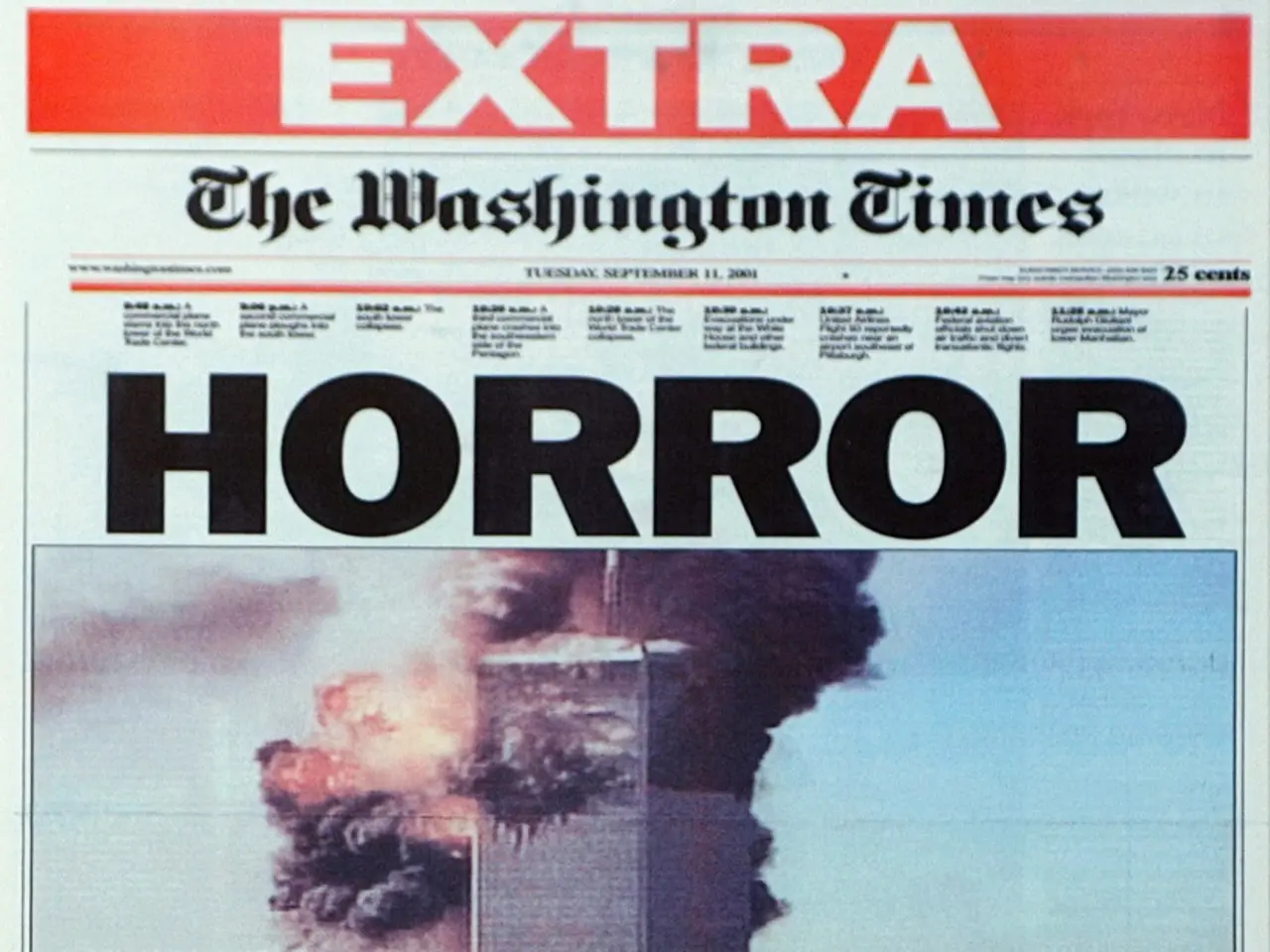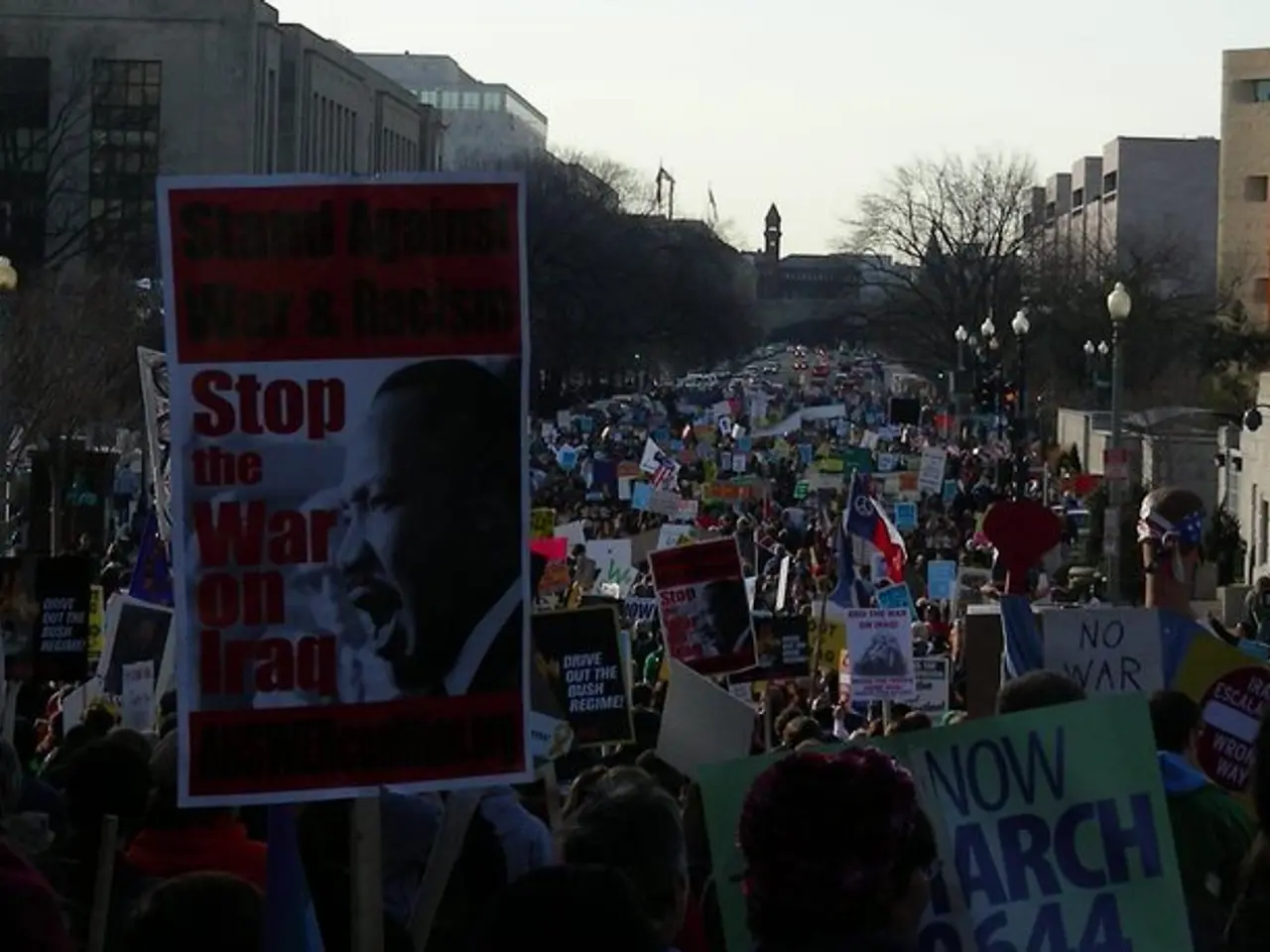Brazil connects BRICS interactions to Trump tariffs
The current trade relationship between the United States and Brazil is facing turbulent times, marked by escalating tariff measures and retaliation threats. On August 1, 2025, the U.S. will impose a 50% tariff on all goods imported from Brazil, following an earlier 10% tariff announced in April 2025.
Brazilian President Luiz Inácio Lula da Silva has expressed his disapproval of these measures in an interview with Jornal Nacional. In response, Brazil is prepared to impose reciprocal tariffs under its Economic Reciprocity Act, although the specific goods subject to these tariffs remain unspecified.
The U.S. tariffs are a response to alleged unfair trade practices by Brazil, an ongoing investigation under Section 301 of the Trade Act of 1974. Brazil has initiated a dispute consultation at the World Trade Organization (WTO) claiming the U.S. tariffs violate various WTO rules.
The U.S. runs a trade surplus with Brazil, but these tariffs could push Brazil to diversify its exports to other partners, potentially increasing China's influence in Latin America. For U.S. consumers and businesses, tariffs on key Brazilian exports such as beef, coffee, and seafood could lead to supply disruptions and higher prices, contributing to inflationary pressures.
Brazilian diplomat Amorim perceives President Trump's comments on the trial of former Brazilian President Jair Bolsonaro as interference in internal affairs. Lula da Silva, however, did not comment on any potential impact of the reciprocal tariffs on Brazil's relations with the U.S. or other countries.
The US's tariff policy is also accelerating the desire of BRICS countries to abandon the US dollar in mutual trade. Brazil is seeking diversified international relations to avoid dependence on one country.
This trade dispute represents a sharp deterioration from typically positive U.S.-Brazil trade relations and poses risks of long-term economic and geopolitical shifts. The U.S. tariffs are currently in place, Brazil’s WTO challenge is underway, and both countries remain locked in a delicate and uncertain negotiation phase.
The Economic Reciprocity Act in Brazil allows for the imposition of reciprocal tariffs in retaliation to the U.S.'s policy-and-legislation-based tariffs on imports, although the specific goods are yet to be specified. The ongoing trade dispute, marked by news of tariffs and retaliation, could potentially impact general-news areas such as politics, war-and-conflicts, and policy-and-legislation due to the prospect of supply disruptions and increased inflationary pressures.








